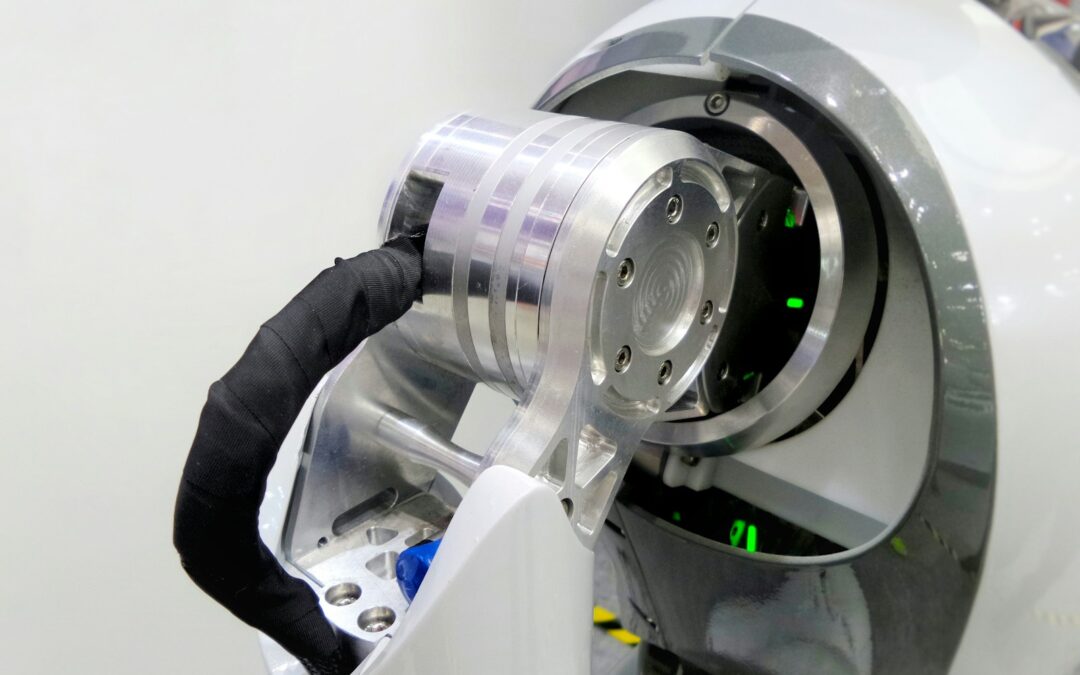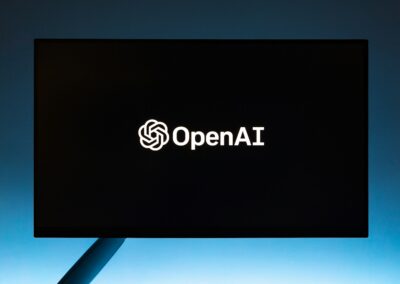Ensuring Responsible AI Development in Modern Business Environments
The Importance of AI Ethical Decision-Making
The emergence of AI ethical decision-making has become a crucial focus as artificial intelligence continues to advance and integrate into various aspects of business and daily life. In regions like Saudi Arabia and the UAE, where cities such as Riyadh and Dubai are rapidly adopting modern technologies, the ethical implications of AI deployment are particularly significant. Ensuring that AI systems can make ethical decisions is vital for maintaining public trust, safeguarding privacy, and promoting equitable outcomes.
AI systems are increasingly tasked with making decisions that affect human lives, from healthcare and finance to law enforcement and autonomous vehicles. The challenge lies in designing AI that not only performs tasks efficiently but also aligns with societal values and ethical standards. This requires a multi-faceted approach, incorporating insights from technology, philosophy, and law. Business executives and mid-level managers must understand the ethical dimensions of AI to make informed decisions that balance innovation with responsibility.
One of the primary concerns in AI ethical decision-making is bias. AI systems, if not properly designed and monitored, can perpetuate and even amplify existing biases present in the data they are trained on. Addressing bias requires robust frameworks that ensure fairness and transparency. For businesses in Riyadh and Dubai, adopting these frameworks can enhance their reputation and foster trust among stakeholders, leading to long-term success and sustainability.
Frameworks for Ethical AI Decision-Making
Several frameworks have been proposed to guide the ethical decision-making processes of AI systems. One prominent framework is the IEEE Global Initiative on Ethics of Autonomous and Intelligent Systems, which provides comprehensive guidelines for ethical AI development. This initiative emphasizes principles such as transparency, accountability, and fairness. By adhering to these guidelines, businesses can ensure that their AI systems operate ethically and responsibly.
Another significant framework is the European Commission’s Ethics Guidelines for Trustworthy AI. These guidelines outline key requirements for AI systems, including human agency and oversight, technical robustness, privacy, and data governance. Implementing these principles helps mitigate risks associated with AI deployment and ensures that AI systems contribute positively to society. For business leaders in Saudi Arabia and the UAE, aligning with such international standards can enhance their global competitiveness and regulatory compliance.
Additionally, the Asilomar AI Principles, developed by the Future of Life Institute, provide a set of 23 guidelines aimed at ensuring the beneficial use of AI. These principles advocate for AI systems that prioritize human well-being, transparency, and long-term societal impact. By incorporating these principles into their AI strategies, businesses can foster innovation while maintaining ethical integrity. This approach is particularly relevant in regions like Riyadh and Dubai, where technological leadership is a key economic driver.
Technological Approaches to Ethical AI
Implementing ethical decision-making in AI systems also involves technological solutions. One approach is the use of explainable AI (XAI), which focuses on creating AI systems that can provide clear and understandable explanations for their decisions. Explainable AI enhances transparency and accountability, making it easier to identify and correct potential biases or errors. This is crucial in sectors like finance and healthcare, where the implications of AI decisions can be profound.
Moreover, integrating ethical considerations directly into the AI development process is essential. Techniques such as ethical impact assessments and bias detection algorithms can be employed to evaluate the ethical implications of AI systems before they are deployed. These tools help ensure that AI systems align with ethical standards and societal values. For businesses in Saudi Arabia and the UAE, leveraging these technologies can lead to more trustworthy and reliable AI solutions.
Blockchain technology can also play a role in enhancing the ethical decision-making capabilities of AI systems. By providing a decentralized and tamper-proof ledger, blockchain ensures that all decisions made by AI systems are transparent and verifiable. This technology can be particularly useful in industries where accountability is paramount, such as legal and regulatory compliance. By integrating blockchain with AI, businesses can enhance the integrity and trustworthiness of their AI systems.
Leadership and Management in Ethical AI Implementation
Effective leadership and management are crucial for the successful implementation of ethical AI decision-making frameworks. Business executives and managers must be well-versed in both the technical and ethical aspects of AI to guide their organizations effectively. This involves fostering a culture of ethical awareness and ensuring that all team members understand the importance of ethical AI practices.
In regions like Saudi Arabia and the UAE, where technological adoption is rapidly progressing, leaders must prioritize ethical considerations in their AI strategies. This includes implementing regular training programs to keep staff updated on the latest developments in AI ethics and providing resources for continuous learning. By promoting a culture of ethical responsibility, leaders can ensure that their organizations remain at the forefront of ethical AI innovation.
Project management skills are also essential in the deployment and maintenance of ethical AI systems. This involves meticulous planning, coordination with various stakeholders, and rigorous testing to ensure that AI systems adhere to ethical guidelines. By adhering to best practices in project management, business leaders can ensure that the integration of ethical decision-making in AI is seamless and impactful, leading to improved outcomes and increased trust.
Conclusion
In conclusion, the design of AI systems for ethical decision-making is a critical aspect of modern technology that requires careful consideration and robust frameworks. As Saudi Arabia and the UAE continue to embrace technological innovation, understanding and implementing ethical AI practices is essential for maintaining public trust and promoting positive societal impact. Effective leadership, proficient management skills, and a commitment to continuous improvement are key to navigating the complexities of ethical AI. By prioritizing ethical considerations and leveraging interdisciplinary research, businesses can harness the potential of AI to drive innovation and success in an increasingly digital world.
—
#AIEthicalDecisionMaking #EthicalAI #AIFrameworks #ArtificialIntelligence #GenerativeAI #ModernTechnology #BusinessSuccess #Leadership #ManagementSkills #SaudiArabia #UAE #Riyadh #Dubai






















